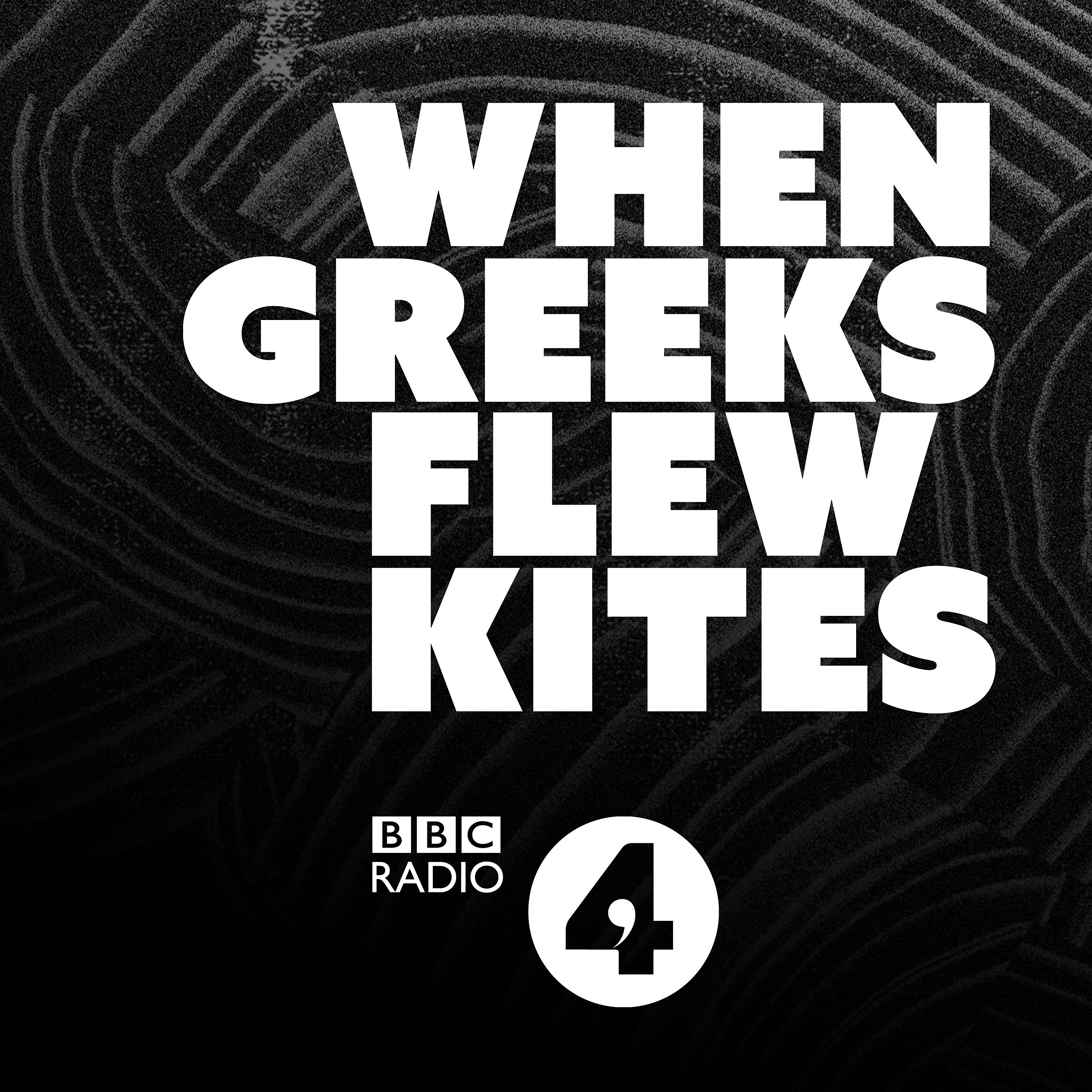- Other
- SEE MORE
- classical
- general
- talk
- News
- Family
- Bürgerfunk
- pop
- Islam
- soul
- jazz
- Comedy
- humor
- wissenschaft
- opera
- baroque
- gesellschaft
- theater
- Local
- alternative
- electro
- rock
- rap
- lifestyle
- Music
- como
- RNE
- ballads
- greek
- Buddhism
- deportes
- christian
- Technology
- piano
- djs
- Dance
- dutch
- flamenco
- social
- hope
- christian rock
- academia
- afrique
- Business
- musique
- ελληνική-μουσική
- religion
- World radio
- Zarzuela
- travel
- World
- NFL
- media
- Art
- public
- Sports
- Gospel
- st.
- baptist
- Leisure
- Kids & Family
- musical
- club
- Culture
- Health & Fitness
- True Crime
- Fiction
- children
- Society & Culture
- TV & Film
- gold
- kunst
- música
- gay
- Natural
- a
- francais
- bach
- economics
- kultur
- evangelical
- tech
- Opinion
- Government
- gaming
- College
- technik
- History
- Jesus
- Health
- movies
- radio
- services
- Church
- podcast
- Education
- international
- Transportation
- kids
- podcasts
- philadelphia
- Noticias
- love
- sport
- Salud
- film
- and
- 4chan
- Disco
- Stories
- fashion
- Arts
- interviews
- hardstyle
- entertainment
- humour
- medieval
- literature
- alma
- Cultura
- video
- TV
- Science
- en
Sleep: A Third of Human History

b"
Sarah Dunant presents a monthly dive into stories from the past that might help us make sense of today. This month, she examines sleep as a source of preoccupation and worry throughout history.
Are you feeling tired? How many hours did you get last night? Feeling foggy with exhaustion? What about the leaders whose punishing schedules have them running up sleep debts of mammoth proportions? William Gladstone's detailed diaries recording his insomnia and its effects, are now historical artefacts. How might historians, fifty years from now, make use of Theresa May's crammed itinerary?
These questions and a raft of other anxieties have plagued people throughout history, as they grappled with the necessary but infuriatingly mysterious phenomenon of sleep. From the medieval theologians struggling with the implications of wet dreams to the overworked, up-all-hours lifestyle of the emergent professional classes in Victorian Britain, the quest to understand sleep - or even just to get it - has always been an illuminating insight into the mind and body.
Sleep, and its absence, has a huge effect on human rhythms and behaviour, as well as the epoch-making decisions of the past, and through the study of it, historians are uncovering the hidden story of a third of our lives - a third of human history.
Sarah\\u2019s guests are:\\nProfessor Sasha Handley, University of Manchester\\nProfessor Jonathan White, Christopher Newport University\\nDr William MacLehose, University College London\\nProfessor Sally Shuttleworth, University of Oxford
Presenter: Sarah Dunant \\nProducers: Natalie Steed and Nathan Gower\\nExecutive Producer: David Prest\\nReaders: Matt Addis and Karina Fernandez\\nA Whistledown production for BBC Radio 4
"